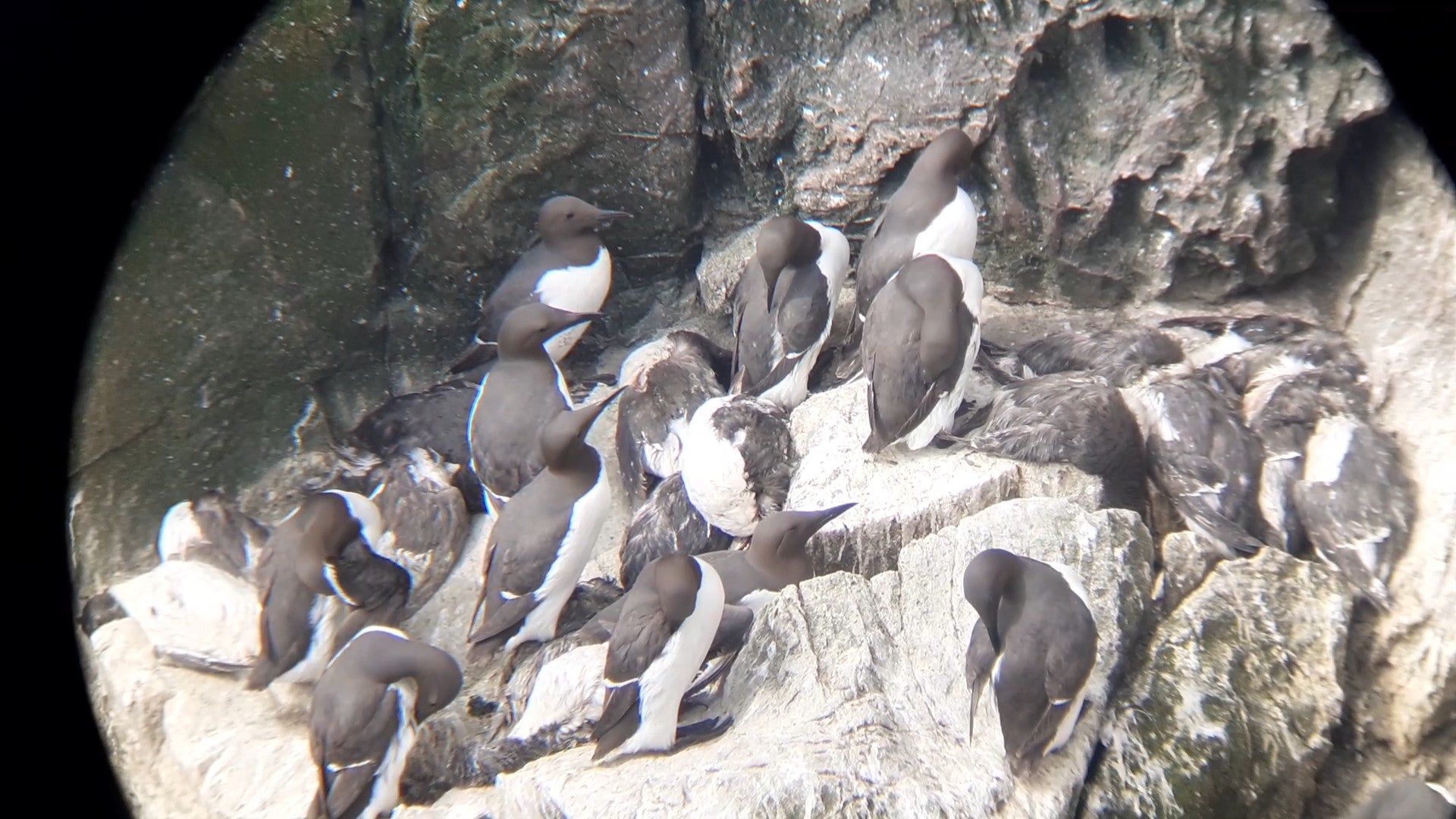Thousands of seabirds die around UK from ‘highly pathogenic’ bird flu
Deadly strain of avian influenza, originating from farmed poultry, killing terns, skuas, gannets and guillemots from Scotland down to East Anglia


Seabirds around the UK are dying in their thousands due to the impact of Highly Pathogenic Avian Influenza (HPAI) on wild birds, sparking “huge concern” for vulnerable species.
The RSPB has described the deaths of great skuas, gannets, guillemots and terns as a “wake up call” for the Scottish government, which it says must “urgently” develop an action plan to protect wild birds.
The mass deaths come after HPAI, which originated in farmed poultry, hit barnacle geese wintering in the Solway Firth last year, reducing the Svalbard colony population by a third.
In recent weeks there have been reports of widespread deaths at great skua (or bonxie) colonies in Shetland, Fair Isle, Orkney, the Western Isles, Handa, the Flannan Isles and St Kilda.
Meanwhile, there are numerous reports of sick and dead gannets at key colonies – most notably Noss in Shetland but also Troup Head in northeast Scotland, Bass Rock in the Firth of Forth and elsewhere, the RSPB said.
Scotland has 60 per cent of the world’s population of breeding great skuas and 46 per cent of breeding gannets.

Other reports indicate high mortality among Sandwich and Arctic terns and increased numbers of dead guillemots at a colony on the Mull of Galloway.
There are fears this wave of deaths could have a “severe, long-term” impact on Scotland’s globally important populations of seabirds, the RSPB said.
Many of these birds are long-lived. Gannets for example have been known to live to 37 years old, guillemots can live to be 40, and these species can take many years to reach maturity. This means recovery from mass mortality events is slow.

People living in the areas affected are reportedly seeing daily impacts as they walk past the corpses of seabirds washed up on beaches.
The RSPB’s Stewart Bain, who is based in Orkney off the northeast coast of Scotland, said: “The number of dead birds along our coastlines in Orkney is heartbreaking to see and the range of affected species is causing much concern in the community.
“As we head into summer, more and more people will have first-hand experience of the devastation this virus is causing. There is a sense locally that people feel helpless, but there are things you can do. Safety remains paramount and you should avoid contact with any dead or dying birds, but please report them to the Defra helpline (see below).
“This will help give a clearer picture of the situation and inform how it is dealt with. You can also try to be even more careful than normal about not disturbing nests or birds.”
Dr Paul Walton, head of species and habitats for RSPB Scotland, said: “Scotland’s seabirds are already facing multiple severe pressures generated by people – climate change, prey fish shortages, invasive species brought to islands, mortality in fishing gear and poorly sited wind turbines.
“These populations have halved since the 1980s. Now, a highly mutable and deadly new form of avian influenza, which originated in poultry, is killing our wild seabirds in large numbers.”
He added: “We urge the Scottish government and NatureScot to develop a response plan urgently – to coordinate surveillance and testing, disturbance minimisation, carcass disposal and biosecurity.”
Report sick or dead wild birds by calling the UK government’s Defra hotline on 03459 335577
Join our commenting forum
Join thought-provoking conversations, follow other Independent readers and see their replies
Comments
Bookmark popover
Removed from bookmarks